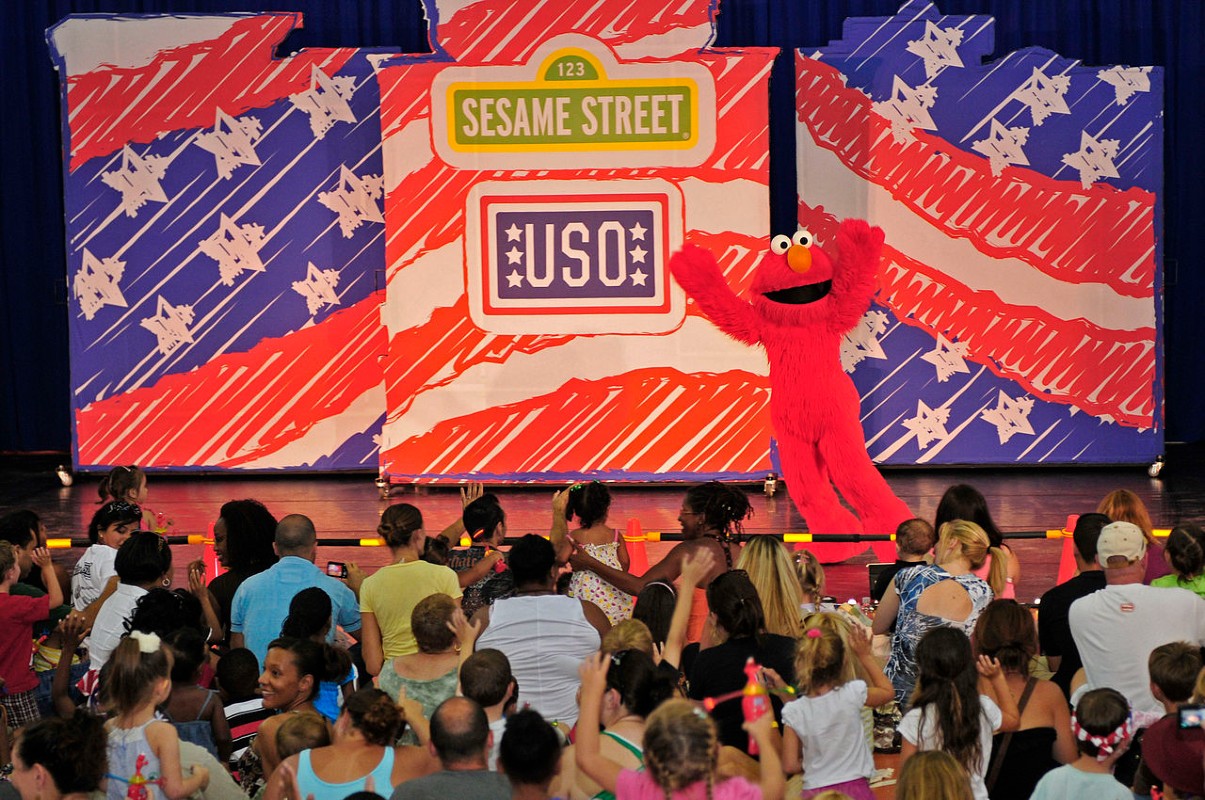By Elliott Brack
Editor and Publisher, GwinnettForum
FEB. 25, 2022 | Tomorrow, Saturday, February 26, will mark the 52nd anniversary of the incorporation of National Public Radio (NPR), one of our nation’s most distinguished media. With its founding, it replaced the former National Educational Radio Network. This came after President Lyndon Johnson signed the “Public Broadcasting Act” in 1967, with its goal to expand non-commercial radio and television broadcasting for educational purposes.
![]() An early favorite of public broadcasting on television was the series, Sesame Street, which children quickly loved. It was popular with parents, for it slowed down the children from prancing around the room and settled them down a bit in the afternoon for this distinctive learning in an entertaining environment.
An early favorite of public broadcasting on television was the series, Sesame Street, which children quickly loved. It was popular with parents, for it slowed down the children from prancing around the room and settled them down a bit in the afternoon for this distinctive learning in an entertaining environment.
We first learned of NPR locally as we dialed around the radio in our car when we moved to Metro Atlanta in 1974. What first attracted us to 90.1 FM (the only public station in Atlanta then) was its playing of classical music throughout most of the day. (We miss that today, but have Sirius Radio, which has slots for all kinds of music and news now.)
Eventually we realized that NPR had more than just music. We heard the afternoon news show, All Things Considered, which debuted in 1971. Before NPR came along, radio stations were mostly for entertainment, with lots of music and also featured soap operas, the various on-going drama series, named for their sponsors, Ivory Snow, Palmolive or other products aimed at the housewife. Women usually identified with the characters in the radio dramas.
The Federal Communications Commission adopted the lower end of the FM band for non-commercial educational stations, where you find most public stations today. Georgia and Atlanta got their first statewide public radio and television in 1960. Today Georgia Public Broadcasting has nine television stations around the state, while Georgia Public Radio has 17 stations, operating from 20 towers, to cover the state.
Some NPR program we remember fondly. One was Fridays with Red, which we heard at 7:35 a.m. most Fridays, as NPR Host Bob Edwards spent five minutes with retired sports broadcaster Red Barber from his home in Tallahassee. Let Wikipedia explain it: “His weekly call-in chats with retired sportscaster Red Barber were…supposedly about sports, but often digressed into topics like the Gulf War, what kind of flowers were blooming at Barber’s home, or other non-sport subjects. Barber would call Edwards ‘Colonel Bob,’ referring to Edwards’ Kentucky Colonel honor from his native state. Barber died in 1992; the following year Edwards based his first book, Fridays with Red: A Radio Friendship on the weekly interviews.”
Another high point for NPR is when the nation addresses a particular event with gavel-to-gavel coverage of important hearings, such as the Watergate investigation, or Supreme Court nominees being questioned by Senate members, and similar programs. You don’t get that on commercial stations. These uninterrupted broadcasts are a tremendous service for our nation, and are hosted by experts giving you more insight.
We like another element of public broadcasting: working with diverse audiences. Its coverage of weekly high school football games, and playoffs, introduces another group of people to public broadcasting.
We’re happy that from that beginning in 1970, public broadcasting has become a welcome voice for our country, providing new insights for our democracy.
- Have a comment? Send to: elliott@brack.net










Follow Us